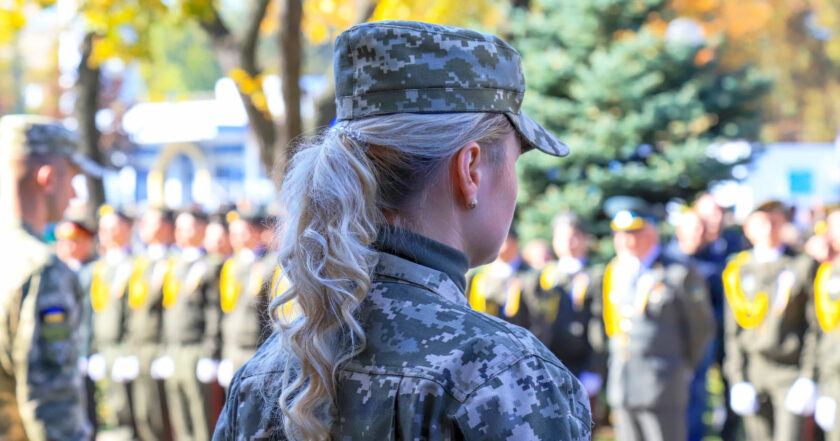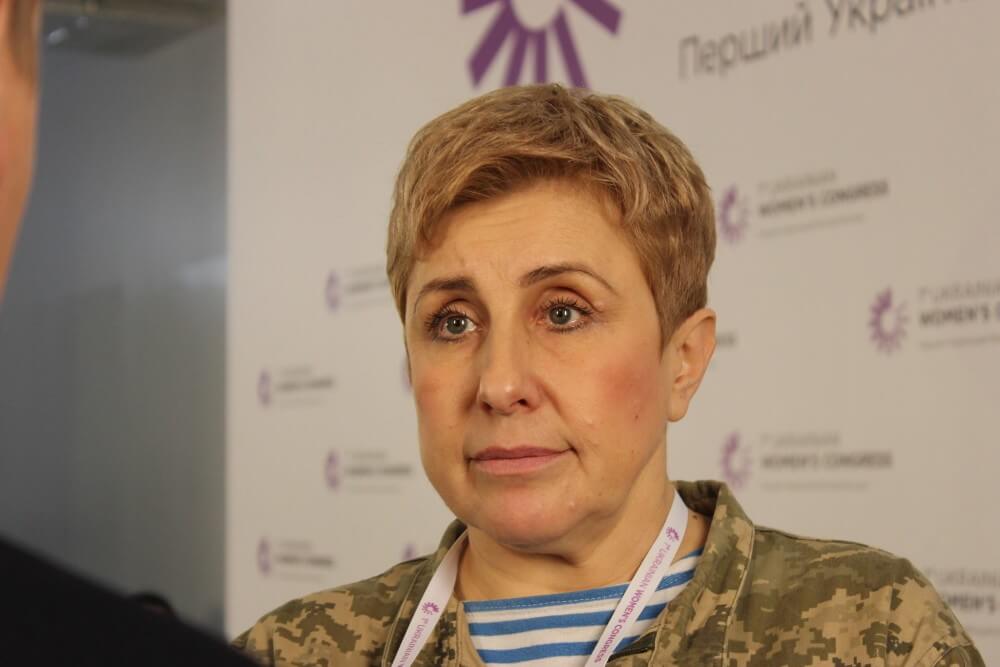Does the army have no gender? How the military around the world is fighting for gender equality
About 65% of Ukrainian service people retire after their first contract and no longer continue to serve. The reasons are various. From low salaries to personal circumstances. But one of the important factors is the attitude towards the military within the army and the lack of equality.

Only in recent years has the issue of gender equality begun to be actively raised in the army. Before that, there was a lull. Rubryka analyzed what problems are most acute for the Ukrainian army and what international experience can become a real solution for us.
What is the problem?
Wasted time and urgent issues
Since 2014, the number of women who have chosen the military path has doubled. As of the end of 2020, there were 31,758 women in the Ukrainian army, which is 15.6% of the total number of service people. This is what prompted the conversation about gender equality, which is now taking place within the army.
What do they face in the army and what separates it from the desired ideals?
- gender-based crimes committed against female military personnel are often silenced and investigations are delayed or not conducted at all;
- stereotypes within the military community that prevent LGBT+ members from serving on an equal footing with others;
- prejudice against women in senior military positions;
- reintegration of veterans together with prejudices against them in society.
The first Ukrainian peacekeeper, Valeria Parada, told reporters in an interview that today women in the army were supported and truly professional servicewomen could already receive high ranks. However, such changes cannot happen quickly.
"About a year ago my American colleague, when we talked about the development of the army, the development of the security system, told me: 'You want to do in 5-10 years what us, the United States, took more than 50 years.' The development of troops, and modern equipment, and the support system, and the system of combat training, and gender issues in the army. She said that those processes started in the United States a long time ago, but they still can't say that they are the best," said Valeria Parada.
This publication is available in Ukrainian and Russian. The English translation hasn’t been produced yet. Support us to make the translation faster - follow the link for instructions





















































